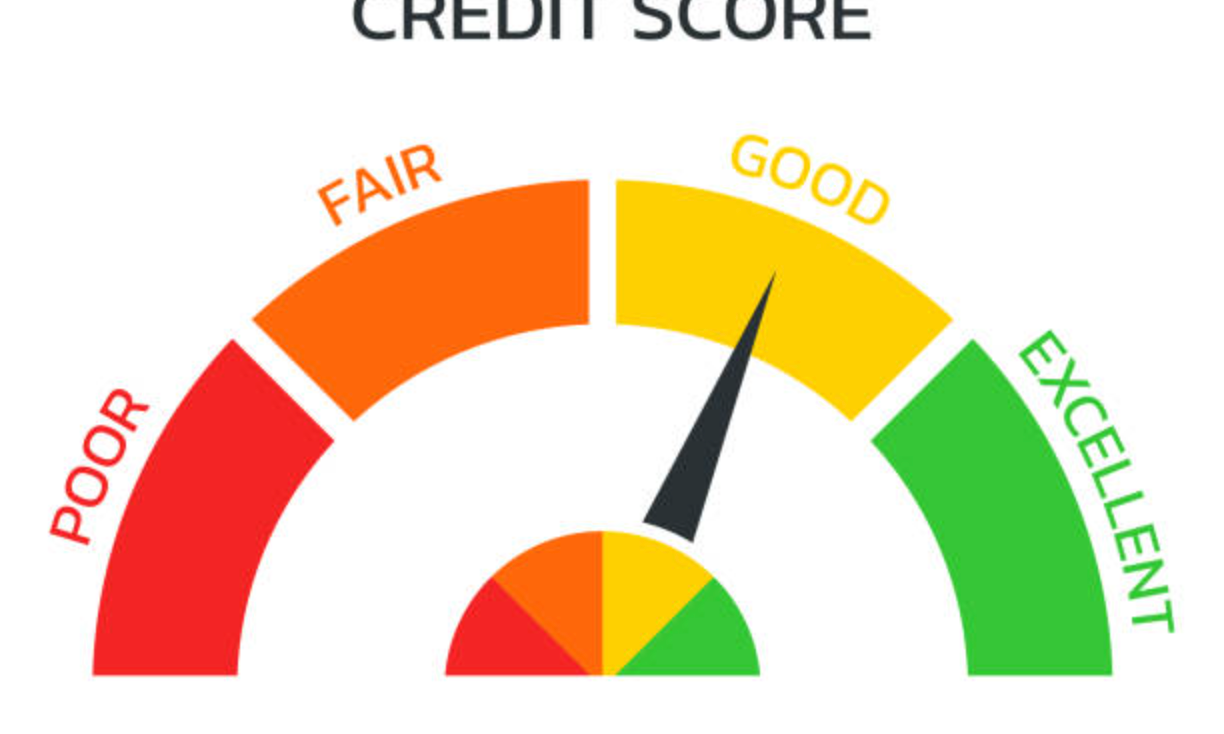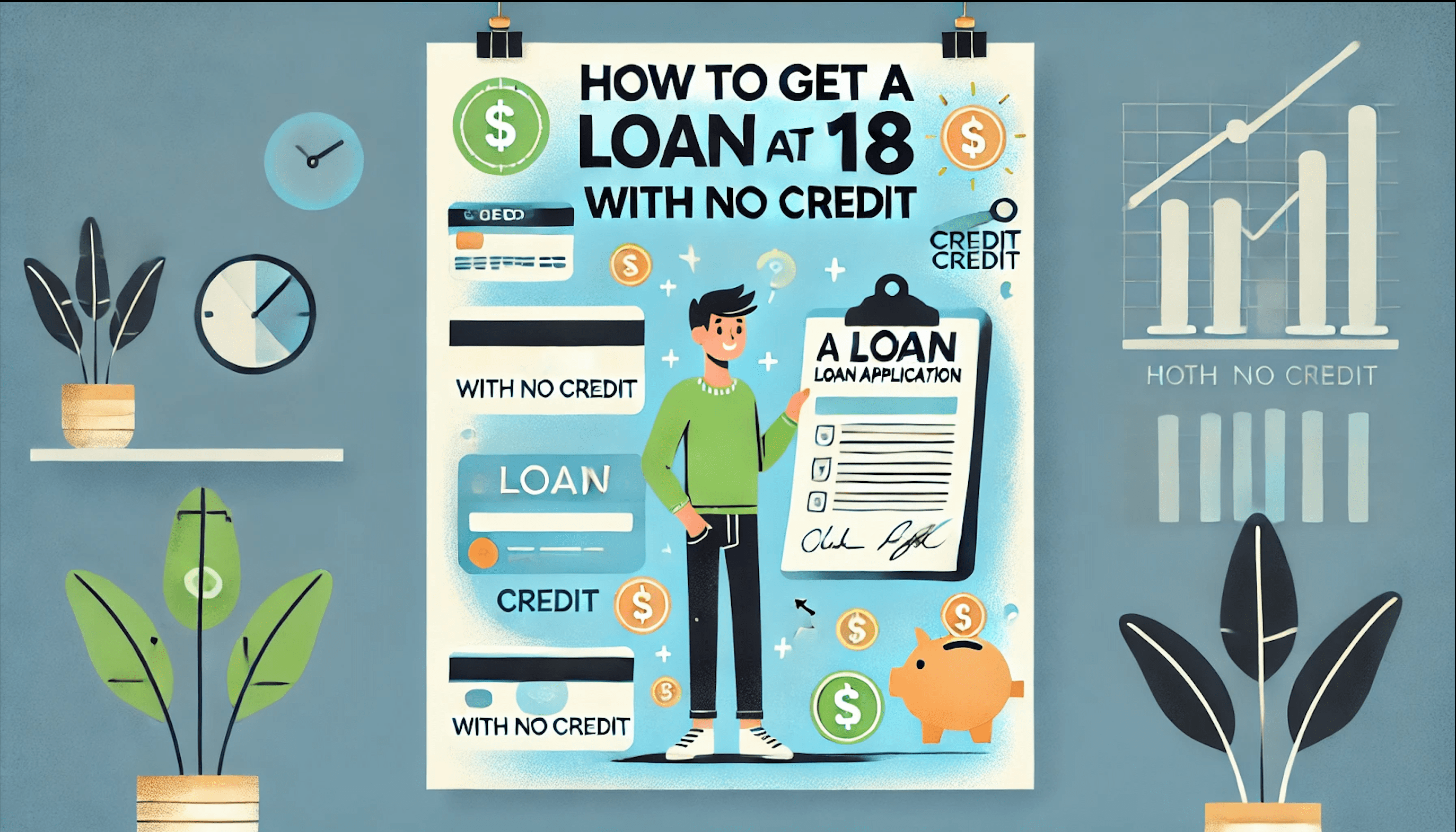Can You Lease a Car With Bad Credit?
Navigate Car Leasing with Bad Credit: A comprehensive guide to overcoming obstacles and securing a lease with tips for improving credit history, tailored for personal or business use.
Abhinil Kumar
Author

Leasing a car with bad credit can be a challenging process, as a low credit score can make it difficult to qualify for traditional lease agreements. In this guide, we will explore the qualifications and obstacles associated with leasing a car with bad credit. We will also provide tips and strategies to help improve your chances of securing a lease, despite a less-than-ideal credit history. Whether you are looking to lease a car for personal or business use, understanding the nuances of leasing with bad credit can be crucial to achieving your transportation goals. Let’s navigate the landscape of car leasing with bad credit and learn how to overcome potential barriers to securing a lease.
What is Car Leasing?
Car leasing is a process in which you rent a car for a fixed period, typically 2-3 years, by making monthly payments. Car leases work by the lessee paying for the car’s depreciation during the lease term, rather than the full cost of the vehicle. This makes leasing an attractive option for those who want to drive a new car without the commitment of ownership.
Key differences between leasing and buying a car include the lack of ownership with leasing, as well as the potential for mileage caps and additional fees for wear and tear. Car lease requirements typically include a good credit score, a steady income, and adherence to mileage limits. Limitations of car leases may include restrictions on modifications to the vehicle and the potential for extra fees for exceeding mileage caps or for any damage to the car. In comparison to buying, leasing a car can provide more flexibility and lower monthly costs, but it does not result in ownership of the vehicle.
Benefits of Leasing a Car
- Lower Monthly Lease Payments: Leasing a car typically results in lower monthly payments compared to buying, making it a more affordable option for those on a budget.
- Drive Latest Cars: Leasing allows you to drive the latest cars every few years, allowing you to experience the latest technology, safety features, and styling without the long-term commitment of ownership.
- Lower Repair Costs: With a leased car, the vehicle is typically under warranty for the duration of the lease, resulting in lower repair costs as any necessary maintenance or repairs are often covered by the manufacturer’s warranty.
Overall, the advantages of leasing a car include more manageable monthly payments, the ability to drive a new car every few years, and lower repair costs due to the vehicle being under warranty.
Importance of Credit History in Lease Agreements
Credit history plays a crucial role in lease agreements, especially when it comes to securing a car lease. A longer credit history can positively impact FICO Scores, making it easier to qualify for a lease. Lenders use credit history as a way to gauge a person’s financial responsibility and ability to make regular payments, so a strong credit history can lead to better lease rates and terms.
Even for individuals with no credit history, leasing a car is still possible. By making lease payments on time, they can begin to build a positive credit history, which can later help them secure better lease agreements and improve their FICO Scores.
On the flip side, individuals with bad or no credit may face challenges when it comes to lease rates and terms. However, there are still options available, such as getting a co-signer or opting for a lease with higher upfront costs or interest rates.
In conclusion, credit history is crucial in lease agreements, impacting FICO Scores, rates, and terms. Whether building credit or managing bad credit, individuals have options to lease a car and improve their financial standing over time.
Importance of Credit Score When Leasing a Car
Your credit score plays a crucial role when leasing a car. Lenders use your credit score to assess your creditworthiness, determining the terms of your lease and monthly payments. A higher credit score signifies lower risk for the lender, resulting in more favorable lease terms and lower monthly payments. Conversely, a poor credit score may lead to higher interest rates, larger down payments, and increased monthly payments.
A good credit score for car leasing typically falls within the 661-780 range, while a bad credit score is usually below 660. Many car dealerships have a minimum credit score requirement of 620 to be considered for a lease. Those with excellent credit scores (above 781) can secure the best lease terms and lower monthly payments.
The average credit score for car leases is around 725. However, individuals with lower credit scores may face challenges, such as limited lease options, higher security deposits, or even outright denials. Potential lessees must monitor and improve their credit scores before entering into a car lease to secure more favorable terms and lower monthly payments.
How Credit Reports Reflect an Individual’s Financial Behavior
Credit reports reflect an individual’s financial behavior by providing a comprehensive overview of their credit history. This includes the types of accounts they have, such as credit cards, mortgages, and loans, as well as their payment history. A positive payment history demonstrates responsible financial behavior, while missed or late payments can lower a credit score. Additionally, credit utilization, or the amount of available credit that is being used, is a key factor in determining creditworthiness. High credit utilization can indicate financial strain, while low utilization reflects responsible management of credit.
Recent credit activity, such as new accounts or credit inquiries, also contributes to a credit score. These factors collectively determine an individual’s overall credit score, which is used by creditors to assess their creditworthiness when applying for loans or credit. Key indicators that creditors look for when assessing creditworthiness include a history of on-time payments, low credit utilization, a mix of different types of accounts, and a limited number of recent credit inquiries.
In conclusion, credit reports provide a detailed reflection of an individual’s financial behavior, which in turn impacts their ability to secure favorable loan terms. Understanding and managing these factors is crucial to maintaining a positive credit profile.
Different Factors that Influence Credit Scores
- Payment History: This is the most influential factor in determining a credit score, as it accounts for 35% of the score. Late payments, defaults, or bankruptcies can significantly lower a credit score. To improve this area, it is important to always make payments on time and in full.
- Amounts Owed: This factor makes up 30% of the credit score. It looks at the amount of debt owed compared to the available credit. Carrying high balances or maxing out credit cards can negatively impact a credit score. To improve this area, try to keep credit card balances low and pay off debt as quickly as possible.
- Length of Credit History: This accounts for 15% of the credit score. A longer credit history can work in favor of a higher credit score. To improve this area, it is beneficial to keep older accounts open and in good standing.
- New Credit: Opening multiple new credit accounts in a short period can lower a credit score. This factor makes up 10% of the credit score. To improve this area, be cautious when applying for new credit and only do so when necessary.
- Credit Mix: This accounts for 10% of the credit score and looks at the variety of credit accounts a person has. Having a mix of credit types, such as a mortgage, car loan, and credit card, can positively impact the credit score. To improve this area, consider diversifying your credit mix if it makes financial sense.
Role of Leasing Companies in Evaluating Creditworthiness
Leasing companies evaluate an individual’s creditworthiness through a variety of factors, with credit scores playing a crucial role. Credit scores provide leasing companies with an indication of a person’s credit risk based on their borrowing and repayment history. In particular, FICO Auto Scores are used to specifically assess a person’s creditworthiness for auto financing, including leasing.
Having bad credit can significantly impact the terms of a car lease. Individuals with poor credit may face higher interest rates, larger security deposits, or even be denied leasing altogether. Higher interest rates mean higher monthly payments, making it more costly to lease a vehicle. Additionally, leasing with poor credit often means that individuals will have little to no equity in the vehicle at the end of the lease, which can further disadvantage them financially.
Specific disadvantages of leasing a car with poor credit also include limited vehicle options, as some leasing companies may only approve leases for specific vehicle models, and even then, with less favorable terms. Overall, having poor credit can make it more challenging and expensive to lease a car.
Different Ways to Lease a Car on Bad Credit.
Individuals with no credit or bad credit have several options when it comes to leasing a vehicle.
Lease Transfer
Lease transfer allows the original lessee to transfer the lease to another individual. This option often requires little to no credit check, making it accessible for those with no credit history. The benefit of a lease transfer is that it allows individuals to take over an existing lease with no down payment, potentially saving money compared to starting a new lease.
Lease Assumption
Lease assumption is similar to lease transfer, but it involves the individual taking over the lease directly from the original lessee. Again, this option may not require a credit check and can provide a way for individuals with no credit to lease a vehicle.
Lease Cosigner
A lease cosigner involves having a person with established credit cosign the lease agreement. This allows individuals with no credit to benefit from the cosigner’s creditworthiness. However, it’s essential to note that the cosigner will be responsible for payments if the primary lessee defaults.
Buy-Here-Pay-Here Dealerships
These dealerships offer in-house financing, allowing individuals with bad credit to lease a vehicle directly from the dealer. While this can be a convenient option, the interest rates are often higher, and the selection of vehicles may be limited.
Vehicle Subscription Services
These services offer a monthly subscription for a vehicle, providing flexibility and the ability to switch between different cars. However, the monthly cost may be higher, and there may be restrictions on mileage or usage.
Car-Sharing Services
Car-sharing services, such as Zipcar or Turo, allow individuals to rent vehicles for short periods. This can be a cost-effective solution for those with bad credit who only need a car occasionally, but it may not be practical for everyday use.
When leasing a car with bad credit, it’s important to carefully consider the terms and conditions of each option and weigh the benefits against the potential drawbacks to make the best decision for your situation.
Keeping Costs Low when Leasing with Bad Credit
By utilizing the following strategies, individuals with bad credit can increase their chances of securing a lease while also potentially reducing lease costs.
- Make a Larger Down Payment: Offering a larger upfront payment can help offset the risk associated with bad credit, potentially leading to more favorable lease terms.
- Show Proof of Income: Providing evidence of a steady income can demonstrate your ability to make lease payments consistently, potentially persuading the lessor to offer better terms.
- Find a Vehicle within your Budget: Choosing a more affordable car can make it easier to secure a lease with bad credit. A lower-priced vehicle may also result in more manageable monthly payments.
Ways to Improve Credit Score to Lease a Car
By implementing these recommended strategies, you can proactively take measures to improve your credit score and enhance your overall financial health.
- Check your credit report regularly to identify and address any errors or discrepancies that may be affecting your score.
- Pay all bills on time to show creditors that you are reliable and responsible with your finances.
- Consider setting up automatic payments for loans, credit cards, and other bills to avoid late or missed payments.
- Limit the number of new credit applications to prevent multiple hard inquiries on your credit report, which can lower your score.
- Use different types of credit, such as installment loans and revolving credit accounts, to demonstrate your ability to manage various types of debt effectively.
Conclusion
Don’t let bad credit stop you from hitting the road! With a little know-how and the right strategy, you can snag a sweet car lease deal, no matter your credit history. Start by getting your hands on your credit report for some detective work. Then, buckle up and rev your engine as you shop around for the most generous lease offers out there. It’s time to drive towards your dream car!
If you have bad credit or no credit, don’t worry! Just be patient and work on improving your credit score and financial situation. Taking the time to do this before applying for a car lease will pay off. And hey, if your credit is really low or you have no credit history, there are other options available to you. You can try getting a co-signer or putting down a larger down payment. These can help you secure a lease even with your less-than-perfect credit. Oh, and guess what? Some dealerships even have lease programs specifically for people with poor credit. So don’t let your credit hold you back from getting the car lease you want!
Discover the keys to unlocking your dream car lease, even if your credit isn’t perfect! Stay in the know, keep an eye on your credit, scout for the best deals, and embrace the art of patience. A car lease can still be yours, even if your credit isn’t pristine!


